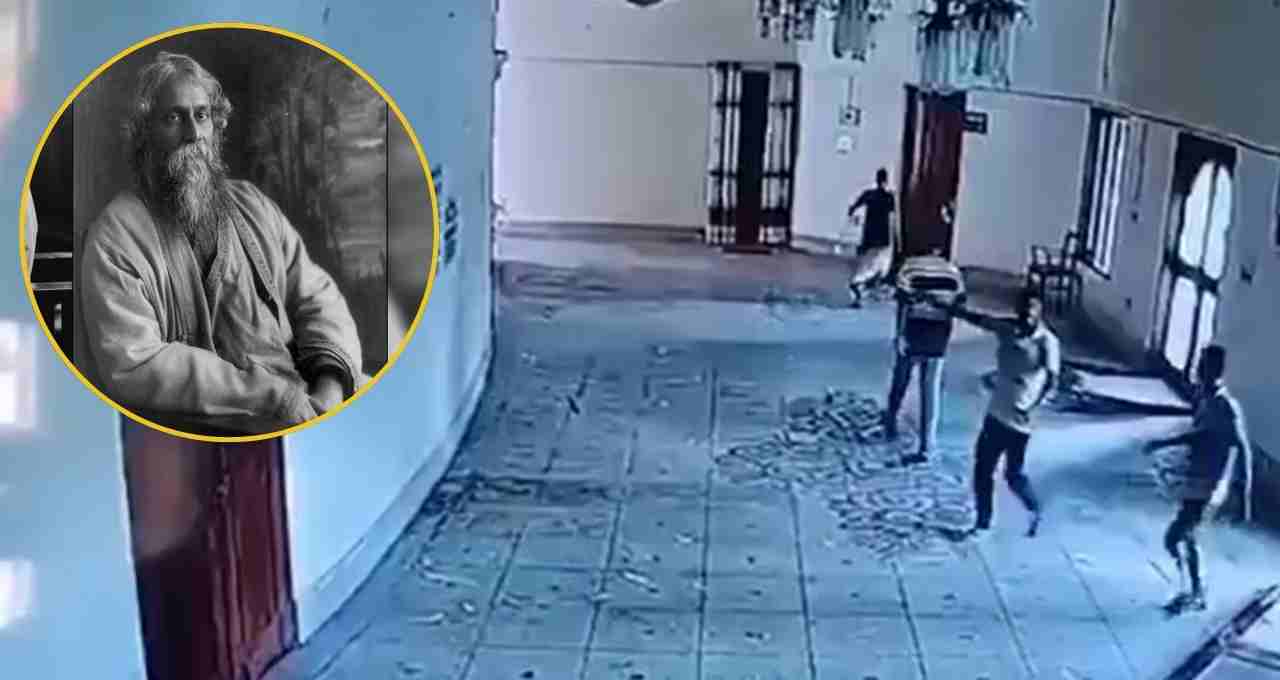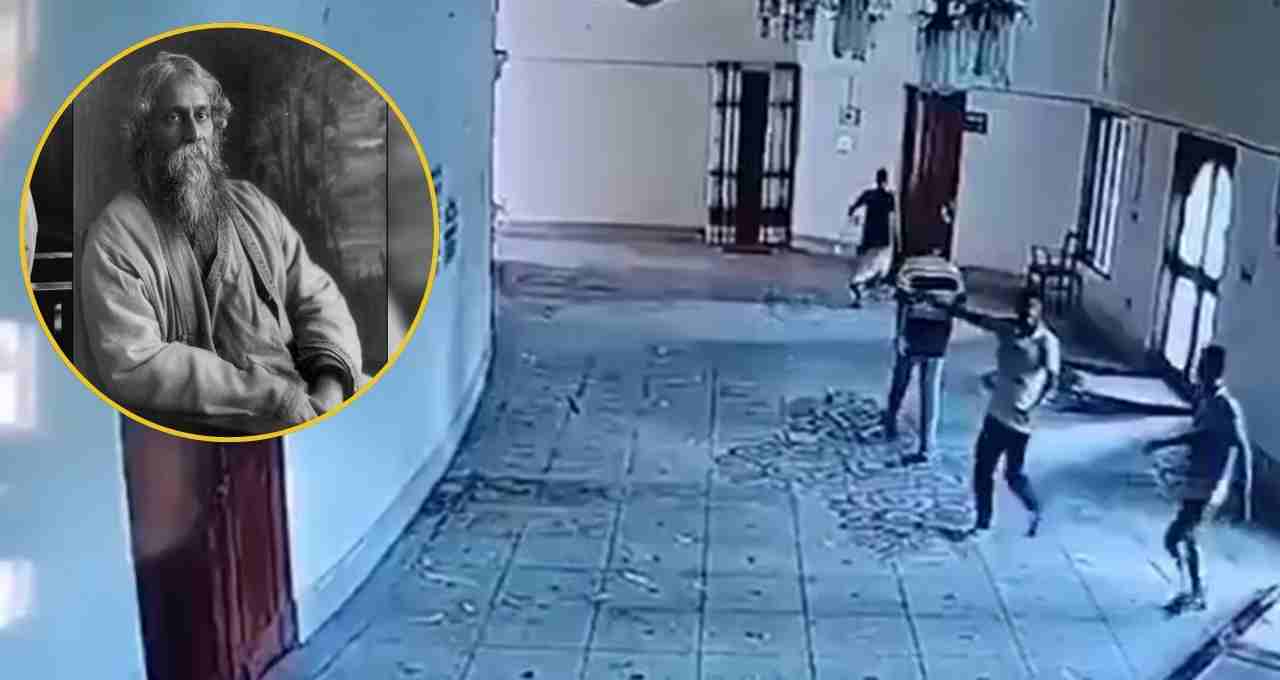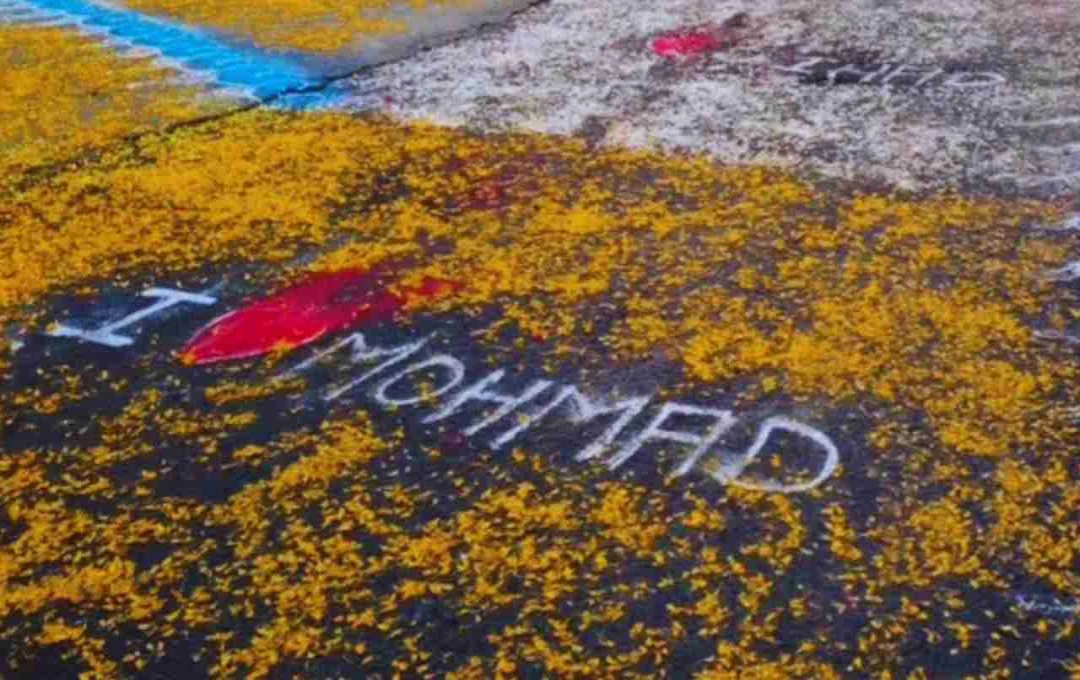A recent incident at Kacharibari, the ancestral home of literary giant Rabindranath Tagore in Sirajganj district, Bangladesh, has shocked many. A dispute over visitor parking fees led to protests by locals at this historic site.
Dhaka: An attack on Kacharibari, the ancestral home of Nobel laureate and poet Rabindranath Tagore in Sirajganj district, Bangladesh, has sparked outrage and concern across the nation. The assault on this historically and culturally significant heritage site has reverberated not only throughout Bangladesh but also within the literary world, including India.
In response to the severity of the incident, the Department of Archaeology has formed a three-member Special Investigation Team (SIT) instructed to submit a report within five working days.
What transpired?
On June 8th, a tourist visited the Kacharibari museum with his family. This location holds deep emotional significance as Tagore resided there for many years and penned works like Gora, Ghare-Baire, and Chitrangada. A disagreement arose between the tourist and a staff member regarding parking fees. The dispute escalated, allegedly resulting in the tourist being confined to an office within the premises and subjected to assault. This news ignited anger among the locals.

Protests and the Attack
Following the incident, angered locals formed a human chain, protesting and chanting slogans against the museum administration. The crowd turned violent, attacking the Kacharibari auditorium and assaulting a director. Vandalism ensued, causing damage to the museum's structure.
An Assault on Tagore's Legacy
This incident transcends a simple parking fee dispute; it highlights the administration's failure to protect Bangladesh's cultural heritage and historical sites. Kacharibari is where Rabindranath Tagore significantly contributed to Bengali literature. The violence and vandalism are not merely material damage but a cultural affront.
Archaeology Department's Investigation and Firm Stance
The Bangladesh Department of Archaeology swiftly responded by forming a three-member SIT. The committee is tasked with submitting a detailed report within five working days. Authorities have assured that strict action will be taken against those found guilty. A senior official from the Department of Archaeology stated, "Rabindranath Tagore's residence is not just a building; it's part of our heritage. Its preservation and respect are everyone's responsibility. This attack will not be tolerated."

The lack of immediate response from local police or administration during the incident allowed the situation to deteriorate. Questions are being raised about whether a timely intervention could have prevented the extensive damage. Social media reflects public anger over administrative negligence.
Echoes in India
Rabindranath Tagore serves as a cultural bridge between India and Bangladesh. India's national anthem, "Jana Gana Mana," and Bangladesh's "Amar Sonar Bangla" are both Tagore's compositions. Therefore, this attack on his ancestral home is deeply unsettling for both nations' cultural fabric. Indian writers, academics, and historians have condemned the incident and urged the Bangladeshi government to ensure the protection of Tagore's memorials.















